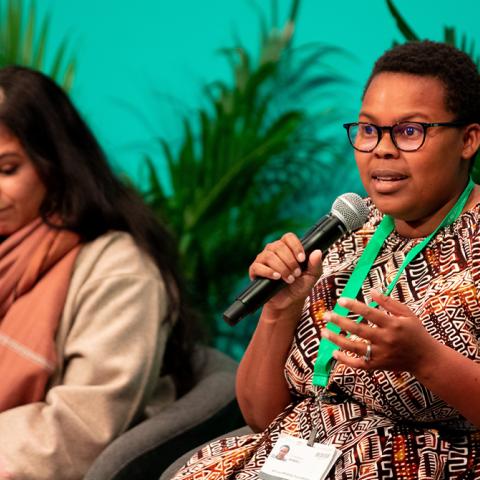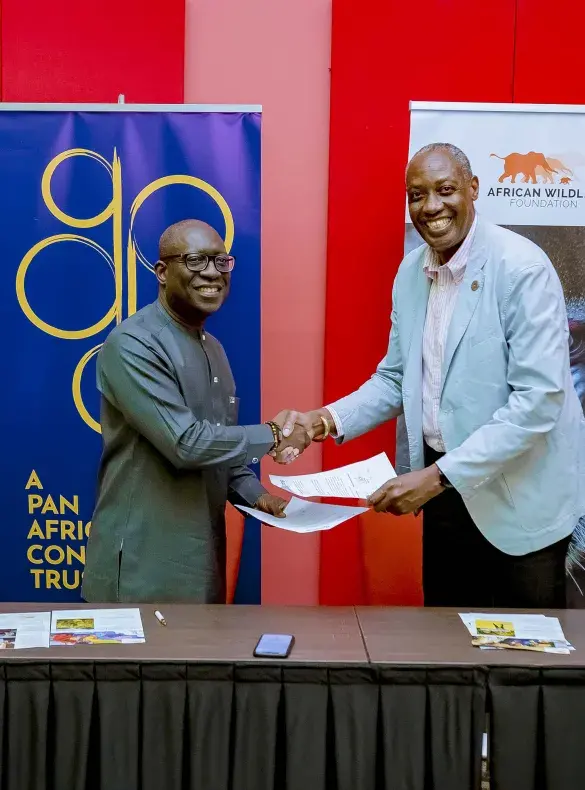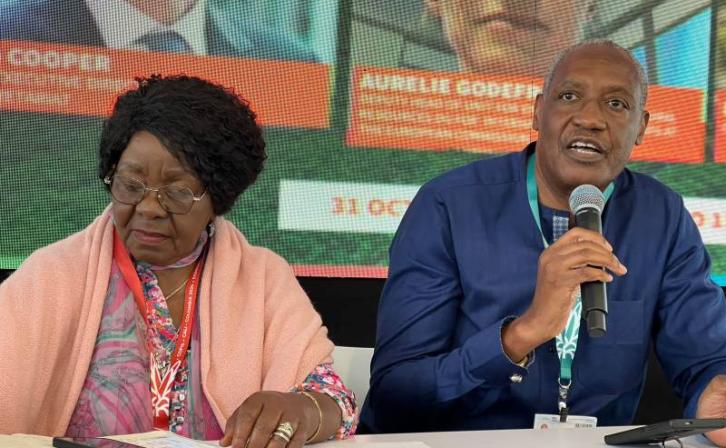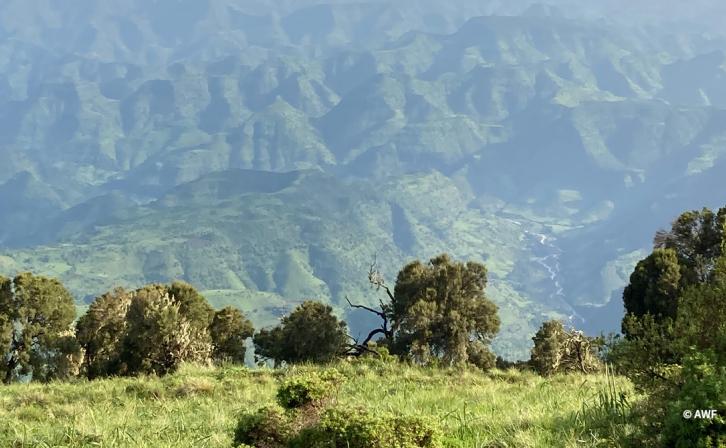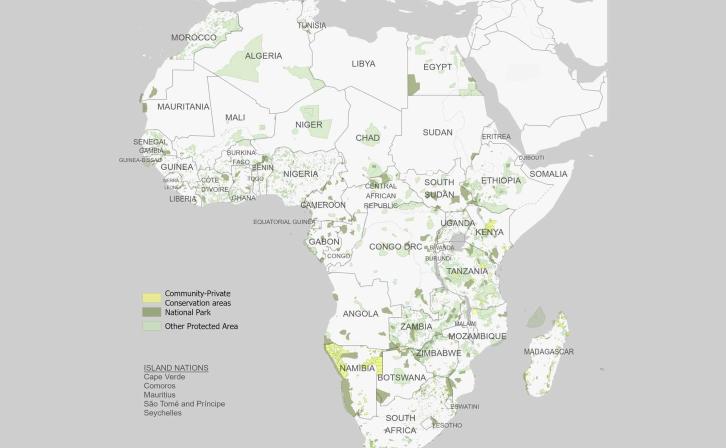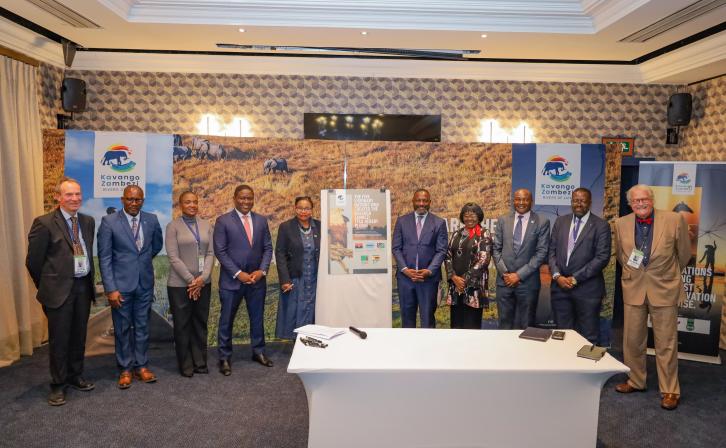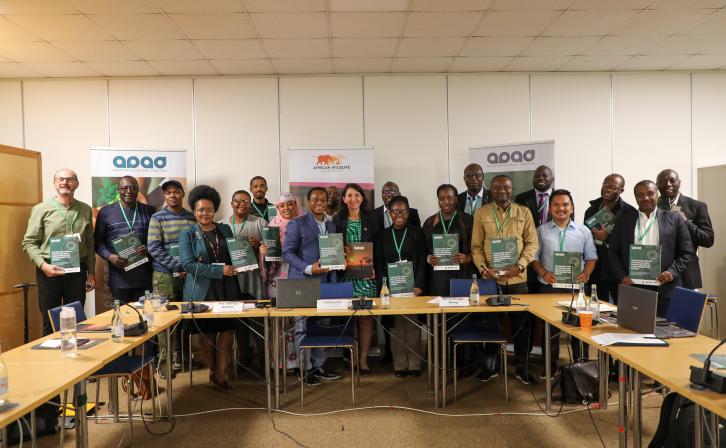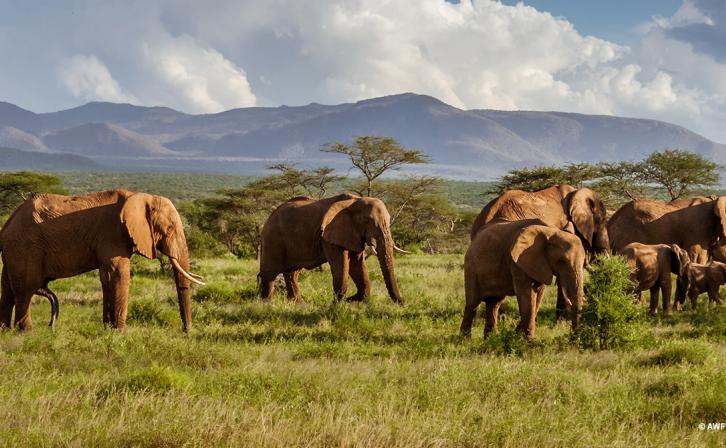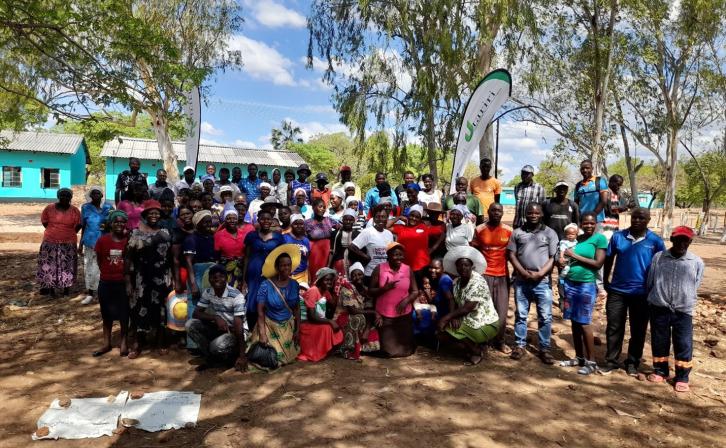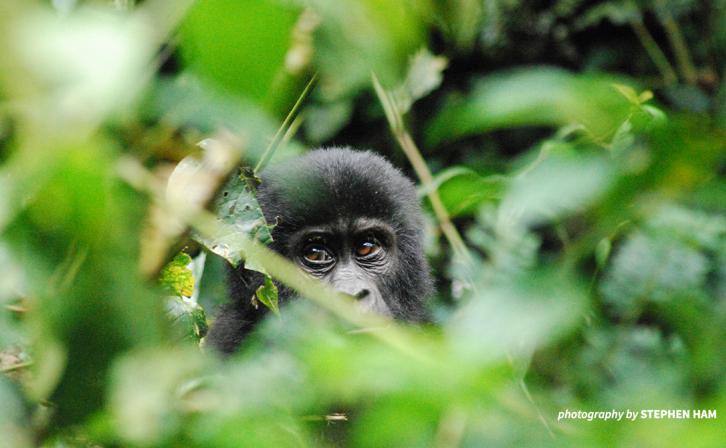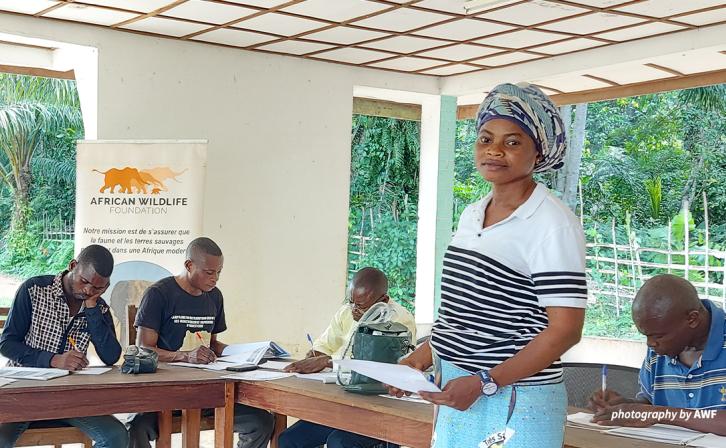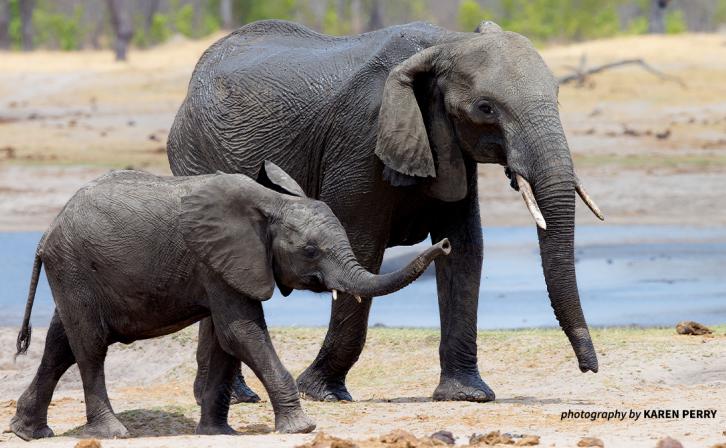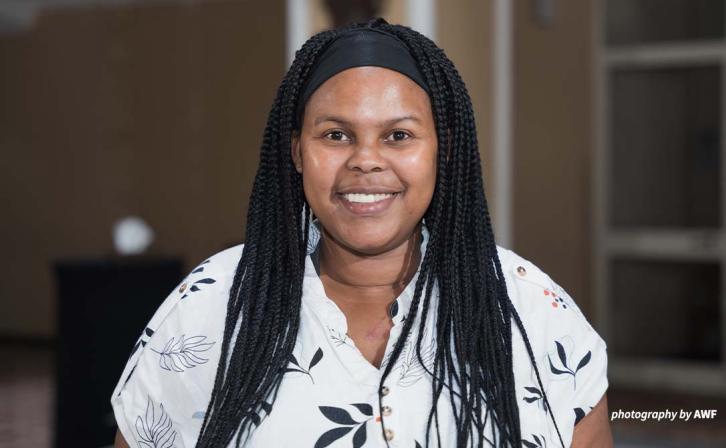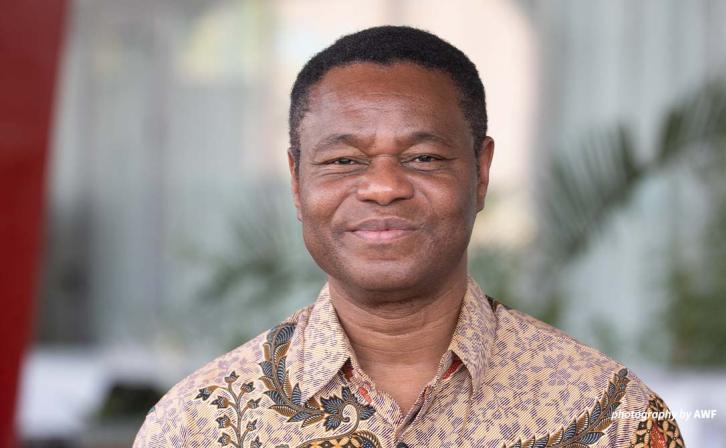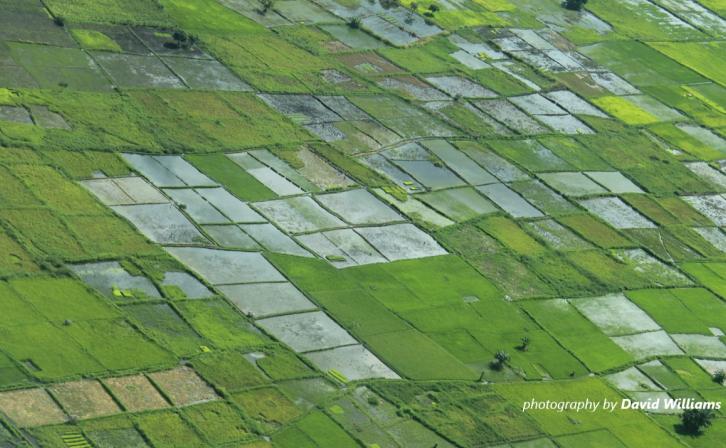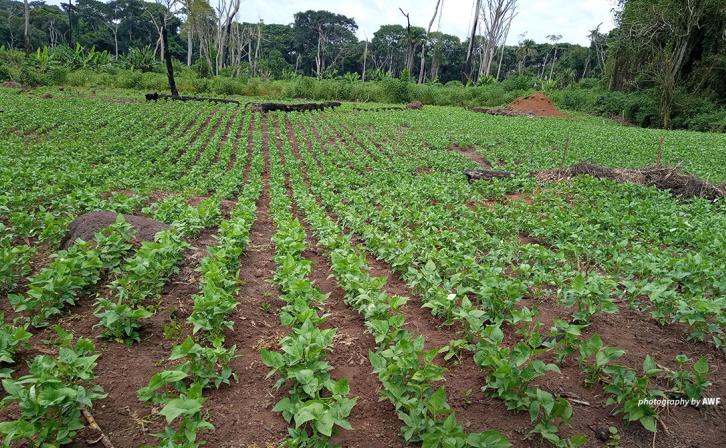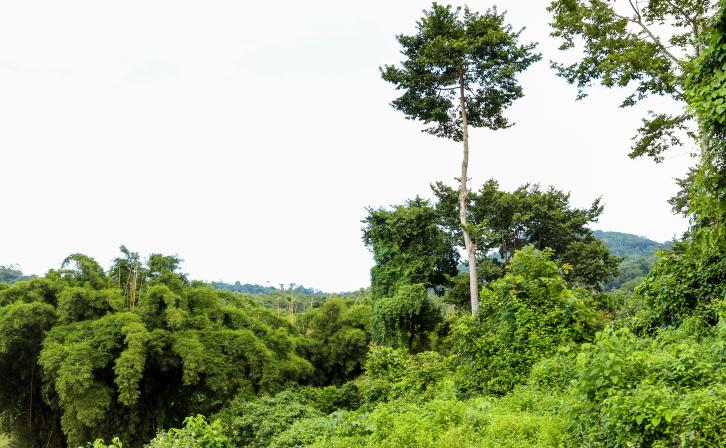How We Work
Building Biodiversity Economies
As an advisor to governments and business, we work to put nature at the center of economic decisions. That means factoring the sustainable use of plants and wildlife as assets for growth and prosperity, and investing in ecosystems and biodiversity as a way of building resilience and sustainability. When people value nature and see it as a way of achieving sustainable development, conservation becomes a priority.
At the landscape level, we work closely with local stakeholders to develop and channel investment into viable economic models tied to wildlife and biodiversity. At the national level, we support the underlying analyses, such as the Zimbabwe Biodiversity Economy report, to shape policy frameworks enabling biodiversity economies. And at the continental level, we led the creation of the African Wildlife Economies Community of Practice, a platform for institutions and other stakeholders to collaborate, promote best practices, and collectively advance the biodiversity economy discourse across Africa.
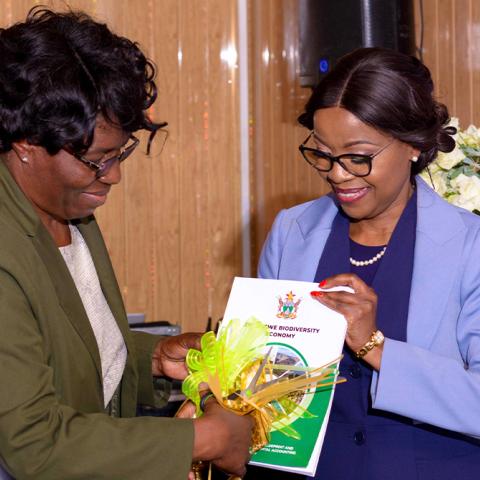
Informing Choices
Our expertise helps local leaders, business owners, and community members make win-win decisions for their community and for wildlife. We organize inclusive local groups with representation from communities, government, NGOs, the private sector, and other local stakeholders to envision a sustainable, prosperous future—then, we develop land-use plans and strategies to get there. These consensus-driven plans consider local livelihoods, habitat, and areas important for ecosystem services like clean water, and the plans are informed by AWF-led resource mapping and spatial analyses. In this way, rights holders are empowered to make decisions about their future and find ways to achieve their aspirations while protecting and restoring nature. We also engage with businesses and advise them on sustainable agriculture and production techniques, as well as profit-increasing strategies.
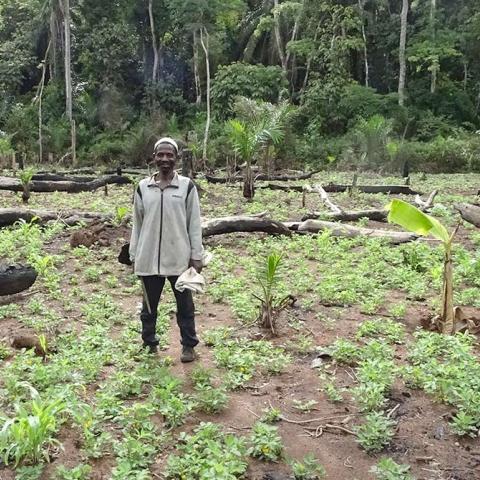
Engaging Leaders
Our engagement with local leaders on the ground in Africa informs our engagement with leaders at the highest levels in Africa and across the world, ensuring that global decisions reinforce the aspirations of people on the front lines of conservation—including Indigenous people, local communities, youth, and women—whose perspectives must be central to policy agendas. Through our programs, networks, and partnerships, AWF elevates these diverse perspectives in global platforms such as:
- The Convention on Biological Diversity (CBD);
- The Convention on International Trade in Endangered Species of Wild Fauna and Flora (CITES); and
- The United Nations Framework Convention on Climate Change (UNFCCC)
In building political will for conservation at the global and pan-African levels, we ensure that key decision-makers in these spaces understand how conservation fits into policy agendas. This includes fostering partnerships and dialogue with decision-makers in Europe, the US, China, and beyond to mobilize resources for conservation and sustainable development in Africa. To define and drive an African-led conservation agenda, we also convene and engage stakeholders through forums like the Africa Protected Areas Congress and pan-African platforms such as the Africa Group of Negotiators on Biodiversity, the African Union Wildlife Expert Group, and the Congo Basin Forest Partnership.
